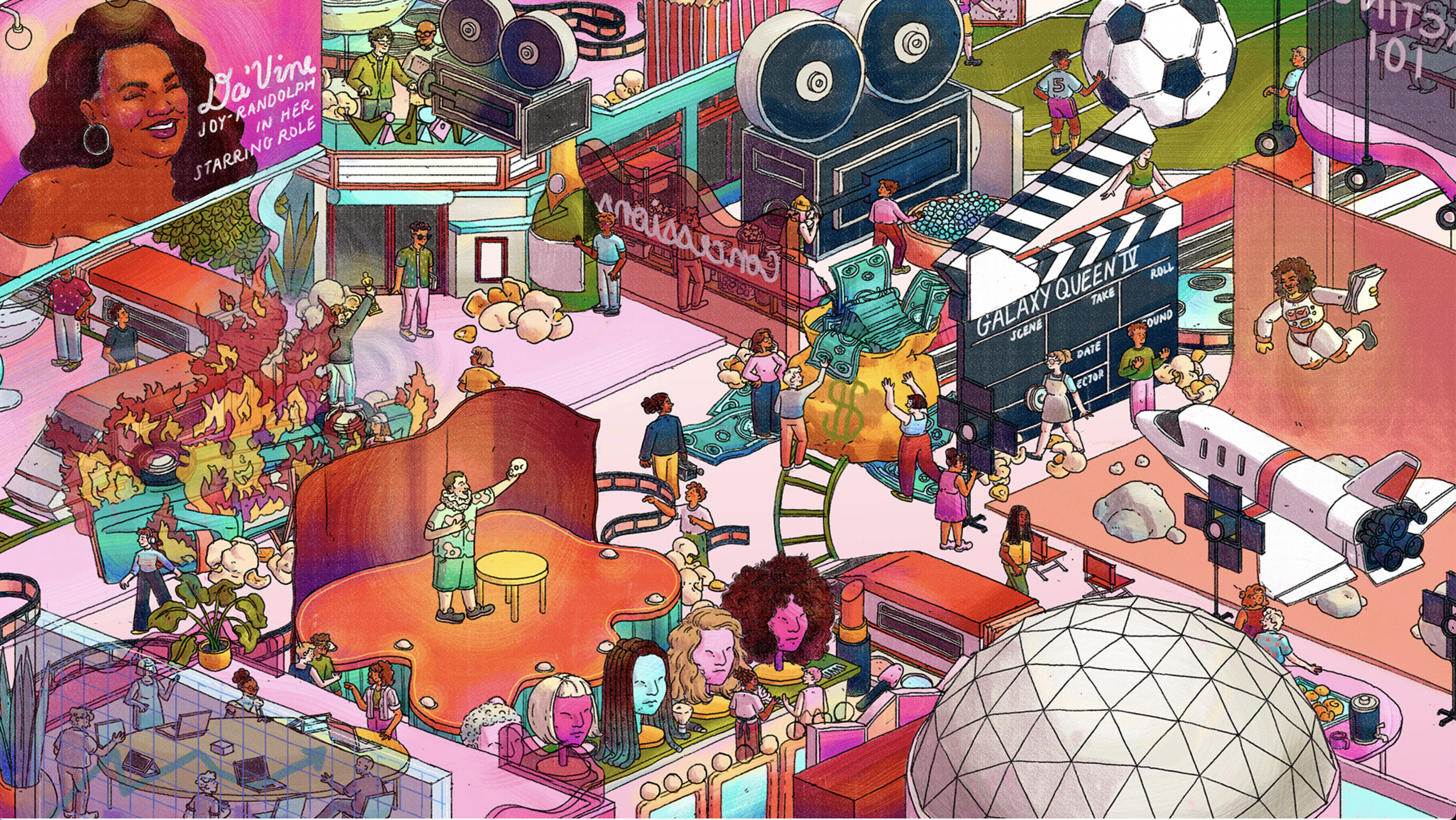
Op-Eds
With the strikes lifted and the town on the verge of going back to work, The Hollywood Reporter asked The Black List founder Franklin Leonard to predict what’s next for the industry. What he came up with was less a prognostication and more a prescription to help Hollywood future-proof itself.
Days after a Minneapolis police officer, Derek Chauvin, suffocated George Floyd and the video went viral, I watched my social media feed fill with blackout tiles and corporate publicity statements. They poured in from every industry, proclaiming solidarity with the Black Lives Matter movement. Hollywood — where I have worked for almost two decades — was no exception.
Far from offering relief, each new assertion by a talent agency, film studio, television network or streaming service that “silence is complicity” and that “we must do better” felt like a pinch of salt in a gaping wound. I found myself unable to ignore the gap between these meticulously workshopped platitudes and the daily words and actions I’ve witnessed in Hollywood, which reflect values I knew cost not only dollars but lives: How many movies like “Black Panther” have we not made? And more broadly, how many lives have we lost in part because of the dehumanization of Black people that Hollywood has perpetuated for more than a century?
Once again, the Oscar nominees are extremely white, and important categories like best director, extremely male. But it doesn’t have to be that way, especially after a year like 2019 that was full of outstanding work by women and people of color. Let’s imagine an alternate history of the 2020 Academy Award nominations announced this morning.
Franklin Leonard on ‘Parasite’
It is altogether appropriate that the movie is called “Parasite,” if only because it is very much an organism that has burrowed its way into my brain and will for the rest of my natural life benefit from living there, if only from the trickle of money that will inevitably come as I continue to tell, coax, cajole and bully everyone I know into seeing it with the additional caution that their experience will be better if I tell them nothing about the movie before they do (which is to say: you should pay to see the movie and your experience will be better if you know nothing about it ahead of time at all).
This weekend, tens of millions of Americans, in Chicago, in Corpus Christi, in Columbus (Ohio and Georgia), and elsewhere will step into a room filled with strangers.
The lights will go down, and they’ll watch a movie.
It might be about aliens or robots, or robot aliens, or regular old Homo sapiens. Watching it, these tens of millions of Americans will feel awe and fear. They’ll laugh. They’ll cry. And without realizing it, they’ll spend a few hours contemplating what it means to be human.




